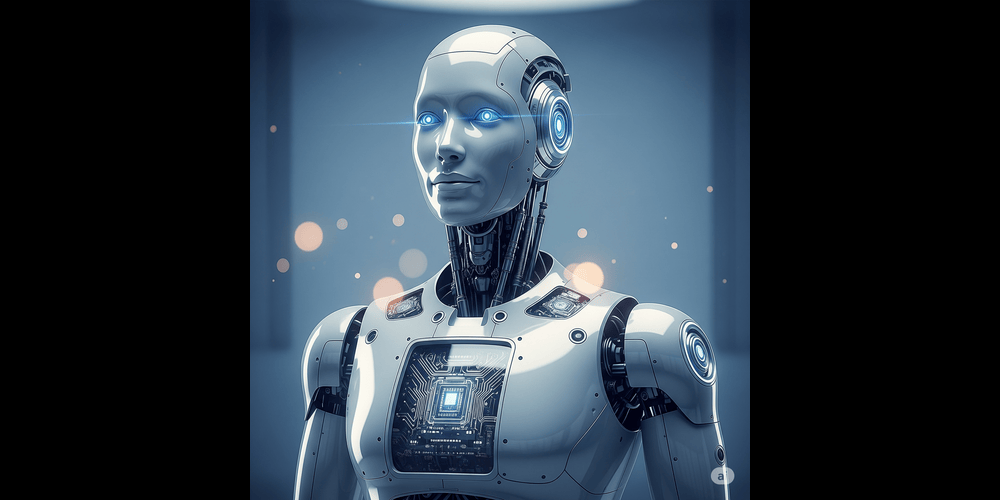Blog Details

Understanding Artificial Intelligence (AI): The Future of Technology
Artificial Intelligence (AI) is transforming the way we live, work, and interact with the world around us. From personalized recommendations on streaming platforms to advanced chatbots and autonomous vehicles, AI is becoming a core part of modern digital experiences.
What is AI?
Artificial Intelligence refers to the simulation of human intelligence in machines that are designed to think and learn like humans. These systems can perform tasks such as recognizing speech, making decisions, translating languages, and even understanding natural language.
There are different types of AI, including:
-
Narrow AI: Designed to perform specific tasks (e.g., facial recognition or internet search).
-
General AI: A theoretical form of AI where machines possess the ability to perform any intellectual task that a human can do.
-
Super AI: A level beyond human intelligence, still largely speculative.
How is AI Used Today?
AI is already embedded in many tools and services we use daily:
-
E-commerce: Product recommendations, customer service chatbots.
-
Healthcare: AI-assisted diagnostics, drug development, and patient monitoring.
-
Finance: Fraud detection, risk assessment, and algorithmic trading.
-
Transportation: Self-driving cars, logistics optimization.
-
Marketing: Targeted advertising, customer behavior analysis.
Benefits of AI
-
Efficiency: Automates repetitive tasks and boosts productivity.
-
Accuracy: Reduces human error in complex processes.
-
Personalization: Delivers customized experiences to users.
-
Innovation: Enables the creation of new products and services.
Challenges & Ethical Considerations
Despite its benefits, AI also brings challenges:
-
Bias and fairness: AI can reflect and amplify human biases.
-
Job displacement: Automation could impact certain job sectors.
-
Privacy: Increased data collection raises concerns about user privacy.
-
Accountability: Determining responsibility for AI decisions remains complex.
The Future of AI
As AI technology continues to evolve, its integration into everyday life will become even more seamless and powerful. The key will be developing responsible AI systems that prioritize transparency, fairness, and human well-being.